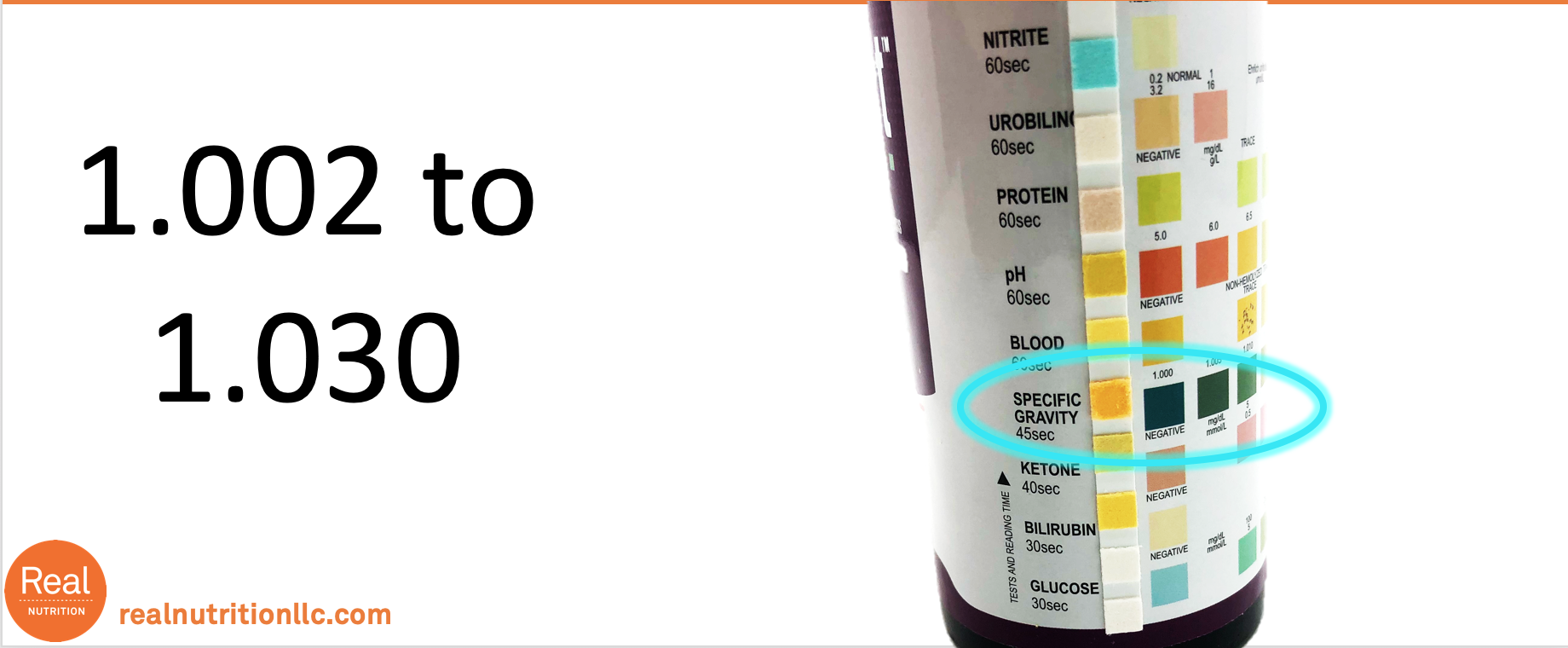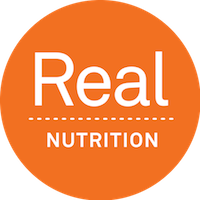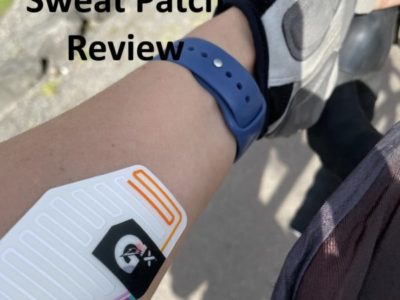What are USG strips?
Have you heard of urine specific gravity strips (USG reagent strips) for measuring how hydrated you are?
If you can get past the ick factor of dipping a stick into your own pee, it can be a good tool!
How do I use USG strips?
1.Basically you pee in a cup, dip the stick in for 3 seconds. Take the strip out.
2. Then hold the stick up to the bottle it came in.
3. Match up the USG color pad to the color square on the bottle.
4. This corresponds with a number on the bottle that will tell you your urine specific gravity (USG).
USG of 1.002 to 1.030 is normal hydration.
What does the color mean?
Take the number in context, because there can be false results sometimes. Think about if the result matched what you were expecting—have you been sweating or exercising hard? Is it hot outside? Have you been drinking enough? If the result doesn’t match up to your expectations, it may be a false positive or negative. If you have a high USG, it can mean dehydration or that you have other substances in your urine, such as protein or blood. Seek medical help if you are unsure.
When would I need to test urine specific gravity?
This is helpful to test if you are training for long periods (like more than two hours) where you need to know if you are hydrating right during your training session to prevent dehydration.
Where can I buy the strips?
You can buy USG reagent strips at pharmacies and on Amazon
For more information, check out our on-demand course Perfect Hydration for Athletes.
Check out our amazing nutrition resources, including on-demand courses, free downloads, and webinar replays.
- Nutrition for Climbers
- The Ultimate Guide to Useful Sports Supplements
- Ditch Diets and Become an Intuitive Eater
And be sure to follow us on Instagram!
Book an appointment with the dietitian
~Disclaimer: This post is general information and should not be used as medical advice. Always seek medical care from a qualified professional before making any changes to your diet, medication, supplements, hydration, etc.


